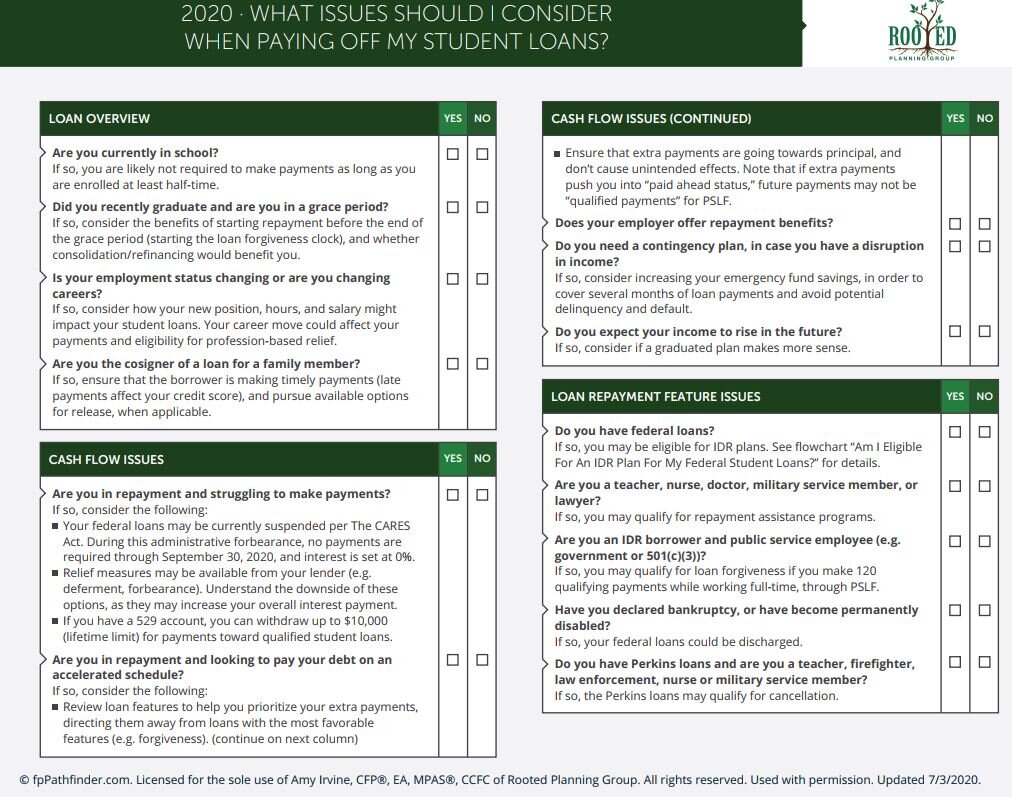Common Mistakes Leading to Delays: 8 Mistakes That Could Delay Your Student Loan
Navigating the complexities of student loan repayment can be daunting. Understanding the common pitfalls that lead to delays is crucial for successful financial management. Students often overlook crucial aspects, leading to unexpected challenges and prolonged repayment periods. This section delves into eight critical errors and their potential ramifications.A well-structured repayment plan, coupled with a thorough understanding of loan terms and conditions, is paramount for avoiding delays.
Failure to comprehend these aspects can result in accumulating interest and fees, potentially leading to significant financial burdens in the long run. By recognizing these pitfalls and implementing proactive strategies, students can significantly improve their chances of timely and efficient repayment.
Identifying Common Mistakes
A comprehensive understanding of the common mistakes that students make in handling their student loans is essential to avoid delays in repayment. These mistakes can stem from a lack of awareness, poor financial planning, or inadequate research. Recognizing these errors allows students to proactively address them and develop a sustainable repayment strategy.
Eight Mistakes That Can Delay Student Loan Repayment
These errors can have significant consequences, ranging from accumulating interest to jeopardizing future financial opportunities. By understanding these pitfalls, students can implement preventive measures to avoid unnecessary delays and complications.
- Failing to Understand Loan Terms: A critical mistake is not thoroughly reviewing the loan agreement before signing. Students often overlook crucial details like interest rates, repayment terms, and potential fees. Not grasping the implications of different repayment options (e.g., standard, extended, income-driven) can lead to unforeseen difficulties down the road. This lack of understanding can cause confusion when faced with unexpected changes in financial circumstances or career paths.
For example, a student might choose a repayment plan that seems attractive initially but becomes burdensome later if their income significantly changes.
- Ignoring Repayment Options: Various repayment options are available, each with distinct advantages and disadvantages. Failing to explore and evaluate these options based on individual circumstances can lead to unsuitable repayment plans. For instance, a student with a predictable income might find a fixed-payment plan more manageable than an income-driven plan, which adjusts payments based on income. The best repayment plan depends on the student’s income trajectory and financial goals.
- Insufficient Budgeting and Financial Planning: Effective financial planning is crucial for successful student loan repayment. Students who lack a structured budget and financial plan often struggle to allocate sufficient funds for loan payments. This can lead to missed payments and accumulating interest. A realistic budget that considers current expenses and future financial obligations is vital for timely repayment.
- Not Monitoring Loan Accounts Regularly: Students should routinely check their loan accounts to monitor payment status, interest accrual, and any changes to their repayment plan. This proactive approach allows for timely intervention if issues arise. Failure to monitor can lead to late payments and potential penalties. For example, a student might miss a crucial notification about a change in their repayment plan, which could affect their future financial obligations.
- Poor Credit Management: Poor credit management practices can negatively impact student loan repayment. Applying for numerous loans or credit cards without proper consideration for credit utilization can negatively impact credit scores. Maintaining a strong credit history is crucial for securing future loans, including potential refinancing options. This might lead to higher interest rates or difficulty obtaining future loans if a student’s credit score is not managed well.
